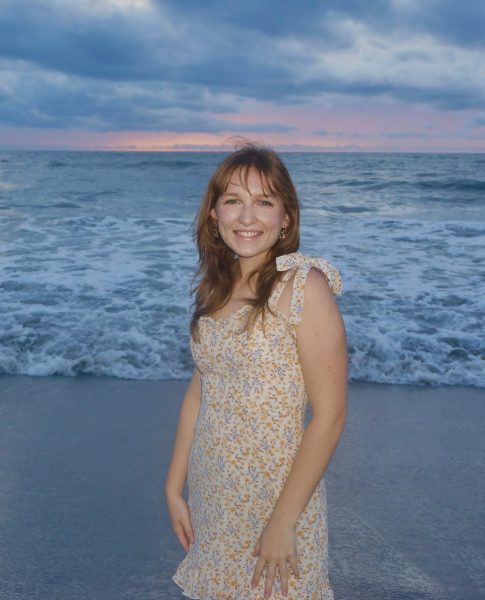Worldwide wildcats
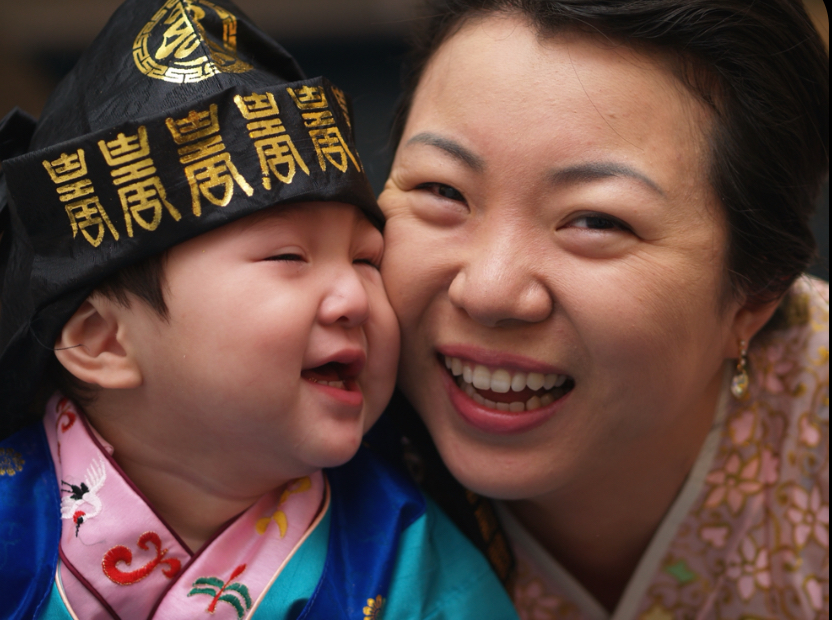
Known as a global melting pot, the United States attracts more immigrants than any other nation in the world. The U.S. markets itself as a land of economic and educational opportunity, freedom from religious persecution and a generally safe place to live.
Living in the Space Coast, many residents are from all over the world and come for the wide variety of engineering and technology jobs. West Shore, ranked the No. 3 high school in the state, attracts those seeking higher education.
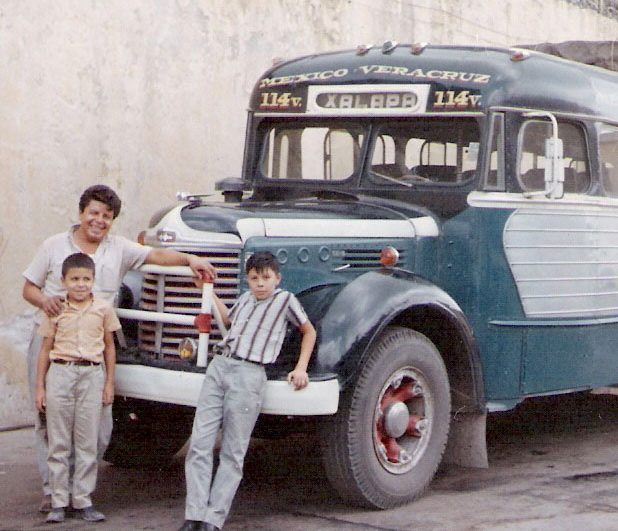
Since he was three years old, eighth-grader Manuel González has spent every afternoon and weekend practicing soccer, earning him a varsity position while only in middle school. When he was a kid, he was so drawn to soccer that he would sleep with a soccer ball as if he would improve his soccer skills by osmosis. While he is driven by the rush he gets from his games, his grandfather was driven by a dream of educational opportunities fifty years prior. After countless hours of late-night studying throughout his youth, Alberto Vasquez accepted the scholarship of a lifetime, enabling him to fulfill his educational ambitions.
Born in Altotonga, a small Mexican town in the state of Veracruz, Vasquez was limited in post-graduate opportunities after earning a Bachelor’s of Science in Mechanical and Electrical Engineering. During his undergraduate years at the University of Iberoamericana, he met the love of his life, Margot Jaen. She was born and raised in Penonome, Panama but, because of her infatuation with Mexican culture, studied optometry in Mexico City. After they both graduated, got married and had their first born, Vasquez received a scholarship to learn English in England. Vasquez was hungry for even more knowledge; and there was no better place to earn two master’s degrees and a doctorate than the “migrant capital of the world,” the state of New York.
Being proficient in English from his time in Great Britain, Vasquez received the opportunity to get his PhD in Decision Sciences and Engineering Systems from Rensselaer Polytechnic Institute in Troy, New York. His doctorate opened him opportunities to provide value to various industries in the world. Since Jaen joined her husband in his migration to the United States, his family grew to four children while residing in New York. He worked full time to provide for his family while pursuing a fulfilling career, adapting to a whole new culture without the support of his loved ones back in Mexico. Jaen was also challenged by the transition, initially struggling to make connections since she hardly knew any English and had her hands full taking care of two children under three years old — and with a third on the way. Even through these trying and difficult times, Jaen says every sacrifice was worth it to see her husband, children and grandchildren thrive.
Her second child Ana Gonzalez grew up in New York while Vasquez was earning his PhD. She was admitted into Boston University to earn a degree in Electrical Engineering, following in her father’s footsteps. Shortly after graduating, she met her soon-to-be husband Manuel Gonzalez Sr. He was born in Venezuela but was able to go to the United States to achieve a master’s degree in business administration at Notre Dame University through a study abroad program.
Now settling in Melbourne, Florida for work, Manuel González and his family enjoy their educational and work opportunities they’ve had.

Violin in hand, junior Solomon Han crosses his driveway over to his family’s church in the middle of the night to practice for his upcoming orchestra performance. The First Korean Baptist Church of Melbourne watched him and his sister freshman Sunny Han grow up from across the street, but it took years of their parents’ dedication for them to end up in Melbourne. In pursuit of an American religious education, their father, pastor Bokman Han, left South Korea. Studying theology in Seoul, South Korea during his undergraduate years, some of his friends left for the United States through a foreign exchange program in Bolivar, Missouri during their third year of college. In the 1980s, South Korea’s economic struggle during a recession drove many students out of the nation, Bokman Han included.
During his fourth year, 22-year-old Bokman Han was able to join 69 other Korean students to Southwest Baptist University and continue his education there. Leaving his entire family behind to live in a country he nor his family had ever stepped foot on took an emotional toll. While he considers himself lucky by having some friends from Seoul to greet him, he missed his family and friends in South Korea dearly. Not yet having a car — as most people in Seoul walked, biked, or used public transportation to get around — Bokman Han would ride his bike to the post office multiple times a week to mail to his loved ones, letters being his only communication with them at the time. After finishing up his degree in religious studies, he went to graduate school in Florida. Having received a work permit early on, he was a pastor at a Korean Baptist church in Orlando.
In 1991, he met his future wife Dong Eun Kim at a seminar in California. Kim had just come over from South Korea to the United States when a wave of high school and college students were encouraged to immigrate. She pursued accounting, and he continued his theology studies in Orlando. Unfortunately, their immigration paperwork took many years. The Sept. 11 terrorist attacks halted all progress, taking six years of paperwork without help from an immigration lawyer to finally receive their green cards. After graduating, they moved to Melbourne and purchased a house and a church, the church also housing their business, Solomon Tax Service. Now, they continue to preach and file taxes while parenting Solomon and Sunny Han.
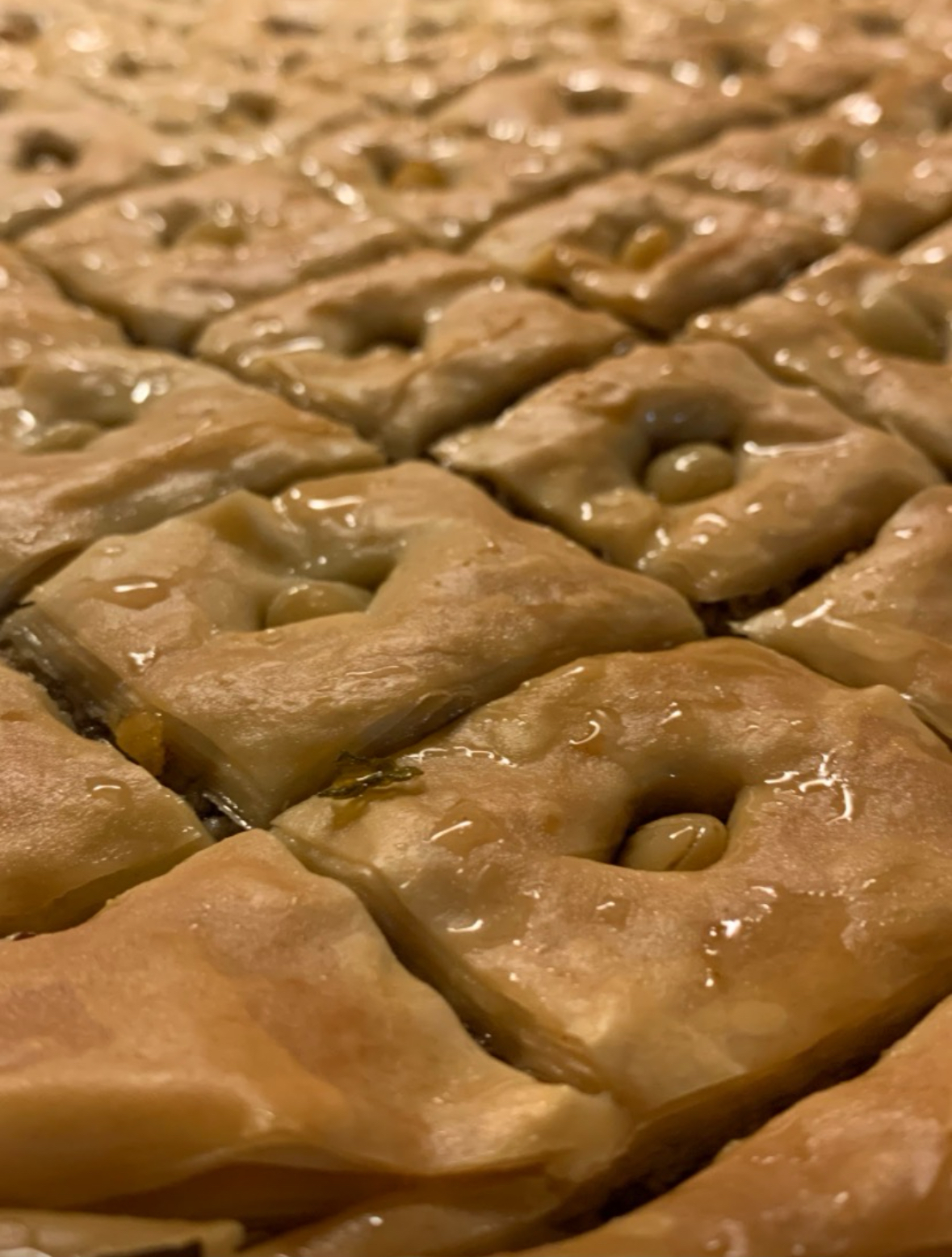
Junior Hlla Waregh prides herself on her STEM awards, earning an $88,000 scholarship from the Florida Institute of Technology and placing 3rd in the regional science fair. While she has always loved the challenging yet straightforward nature of science and math, English has never been her strong suit. Having been born and raised in a small rural town in Libya, Hlla didn’t learn English until she moved to Texas when she was 5 years old as her parents were in pursuit of improving their education and getting higher-paying jobs.
In Libya, the opportunities were different. Her father, Mohamed Waregh, had no access to a computer while taking coding classes, he had to write all his code on paper. Living in a small community, family surrounded them and the nearest school was far from the Waregh’s home. While there was not as much technology, Libya values education highly, which Hlla said has pushed her to academic success. A main difference between Libyan and American education is that Libya places high value on etiquette and Islamic education, as more than 95% of Libyans are Muslim.
Throughout her younger years, she went back and forth between Libya and the United States until her father was accepted into a doctorate program in Florida for mechanical engineering. Now, she has lived in the U.S. full time since she was 9 years old. Her and her older brother share both American and Libyan values, manners and culture, while her younger siblings have lived in the U.S. their whole lives. Leaving her entire family and their close-knit community behind, Hlla feels less connected to them and more adapted to American culture.
Still, she will always hold on to the many Libyan recipes she makes. From cooking spicy shorba (lamb soup) to baking sweet baklava (phyllo pastry), Hlla’s food will always bring her back to Libya.
Every Friday, Hlla shares her food with her youth group at the Islamic Society of Brevard County. Since Hlla was in elementary school, she has spent hours volunteering her time for the Muslim youth group, fostering her spiritual connection to Islam. When she turned 13, she enrolled in the Tajweed Program at a local mosque to perfect her Quran understanding and recitation. Now, she teaches a class at Sunday School to younger kids, helping them learn to read and memorize the Quran.
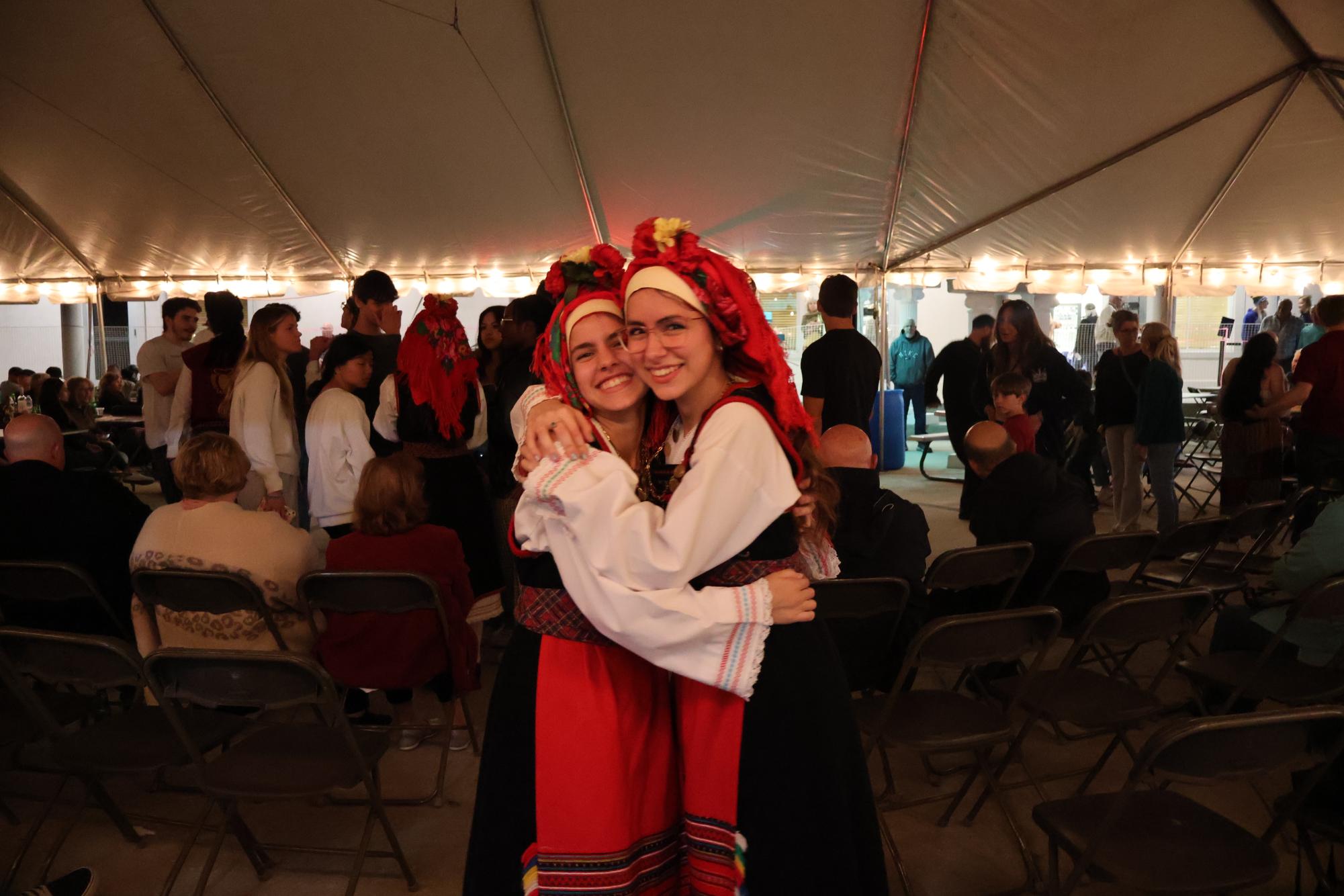
Adorned by their traditional Thrace-style sukman dresses, sophomore Artemis and senior Gianna Theodoropoulos rehearse for their upcoming dances at GreekFest. Learning various dance styles from cities across Greece, the sisters hold their European roots close to their hearts. Their paternal grandparents were born in Nafpaktos and Patras in south Greece, living about 30 minutes from each other in childhood. As the political climate in Greece was severely disrupted by the aftermath of World War II, Maria and Panagiotis Theodoropoulos jumped at the opportunity to immigrate to Canada. When Panagiotis was in his late twenties, his citizenship was sponsored by his aunt in Montreal, so he was able to move there permanently.. Within the first few years of residing in Canada, the couple had three children: one of which being Spiros Theodoropoulos. For a work opportunity, the family moved to the U.S. when Spiros was a teenager, and he has spent his life as a Florida business owner since.
On Gianna and Artemis’ mother’s side, their family is from Portugal. In the 1960s, the fascist Prime Minister Antonio de Oliveira Salazar heavily restricted economic opportunities in Portugal, and grandparents Anna Maria and Manuel Mendes worked to be able to move to Canada. Since they didn’t have any Canadian family members, the couple had to build their skills to justify citizenship; Manuel Mendes took on an apprenticeship as a welder, and Anna Maria Mendes learned to be a jeweler. After years of hard work, they were finally able to immigrate to Canada, and had a daughter, Zelia, seven years after immigration.
Working as a teacher in Toronto, Zelia Theodoropoulos was happy with her career, making over $100,000 per year. After meeting Spiros Theodoropoulos on a vacation in Florida, she decided to marry him and leave Canada behind her, accepting a much smaller American teacher salary, too.
Years later, Zelia and Spiros Theodoropoulos had Gianna and Artemis. Whenever they travel to Canada, they feel connected to their Portuguese heritage and family. However, with the minimal Portuguese population in Brevard county, Artemis said she feels more in-touch with her Greek side — especially through dancing at Saint Katherine’s GreekFest.
